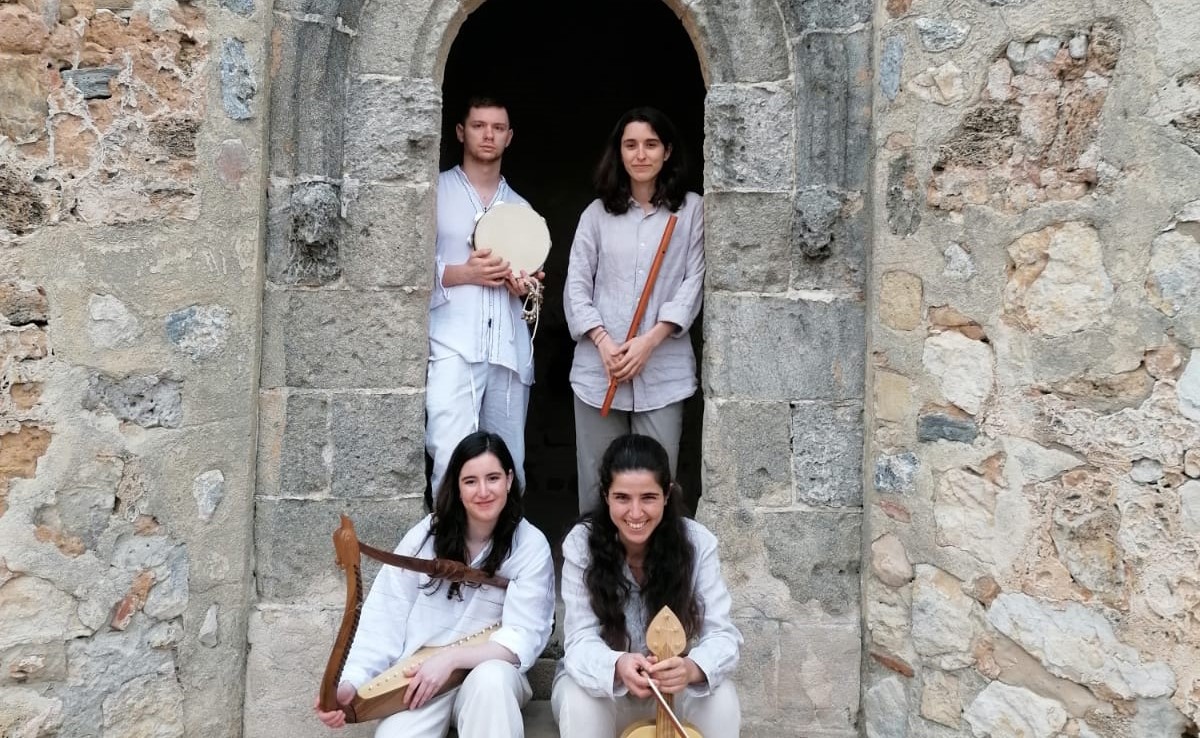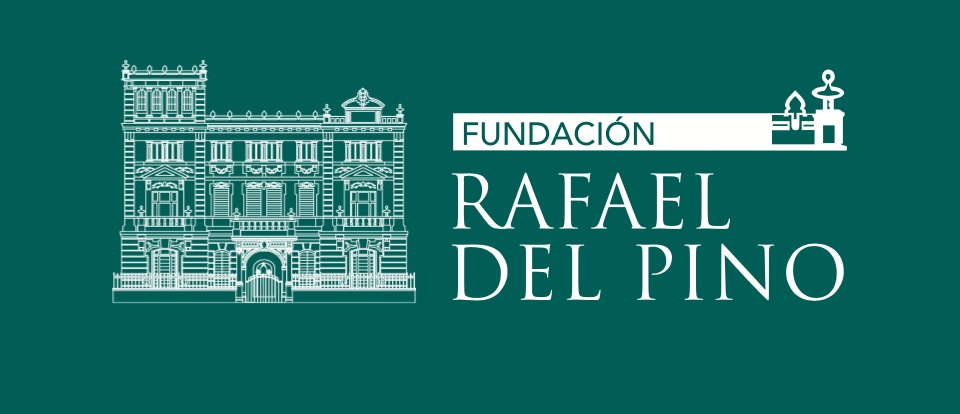Opening hours: Friday from 4 pm to 10 pm, Saturday from 10 am to 10 pm and Sunday from 10 am to 4 pm
With this program we wanted to portray, through music, the musical panorama of the Iberian Peninsula, with special interest in the coexistence of three great cultures south of it between the seventh and twelfth centuries: the Arabs, the Jews (called Sephardic) and the Christians.
All three contributed to the creation of a great heterogeneous culture in the south of the Peninsula, which gradually spread to the rest of the territory. This dialogue between the three cultures is clearly evidenced in architecture and painting and also in music. The Christians, with their Cantigas de loor a la Virgen, introduced into their melodies rhythms more typical of the music coming from North Africa. The Arabs, for their part, took sonorities already existing in the Peninsula and seasoned them with new instruments such as the oud (a type of lute, played with a plectrum) and an infinite number of percussion instruments. The Jews created long songs (called romances) where they told stories and adventures that happened in those times, composed in Ladino language (or Judeo-Spanish), a dialectal variety of the Romance language -which was spoken in the Peninsula before the invasion of the Arabs-, very close to our current Castilian, and which has survived until today.
Through the interpretation of different pieces from the three cultures, Entrebescant creates a sound framework that allows to discover different music from the past and to show the common points with the current popular music.
Entrebescant Ensemble's performance is part of the Dinamiz-ARTj program promoted by the Institute for Just Transition (ITJ) and the City of Energy Foundation (CIUDEN) to boost cultural activity in municipalities affected by the closure of mining and thermal and nuclear power plants and to promote the careers of young artists living in these territories.











